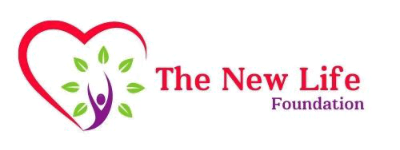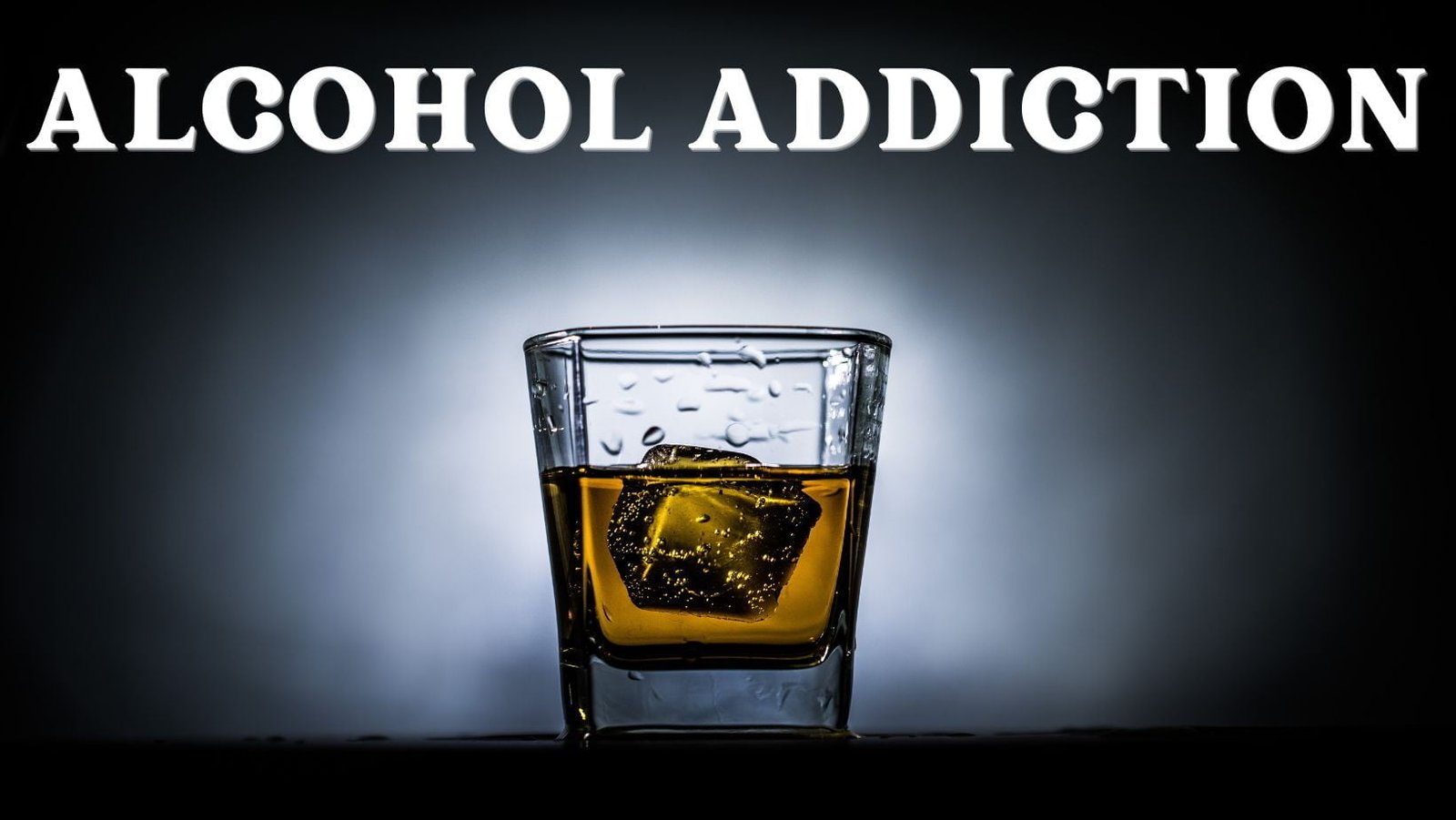Some people can stop drinking on their own or with the help of a 12-step program or other support groups (see below for links). Others need medical supervision to withdraw from alcohol safely and comfortably. Which option is best for you depends on how much you’ve been drinking, how long you’ve had a problem, the stability of your living situation, and other health issues you may have.
The first step is often to consult your primary care doctor or GP. Your doctor can evaluate your drinking patterns, diagnose any co-occurring disorders, assess your overall health, and offer treatment referrals. They may even be able to prescribe medication to help you quit.
How do alcohol use disorders affect people?
While some research suggests that small amounts of alcohol may have beneficial cardiovascular effects, there is widespread agreement that heavier drinking can lead to health problems. Short-term effects include memory loss, hangovers, and blackouts. Long-term problems associated with heavy drinking include stomach ailments, heart problems, cancer, brain damage, serious memory loss and liver cirrhosis. Heavy drinkers also markedly increase their chances of dying from automobile accidents, homicide, and suicide. Although men are much more likely than women to develop alcoholism, women’s health suffers more, even at lower levels of consumption.
Drinking problems also have a very negative impact on mental health. Alcohol abuse and alcoholism can worsen existing conditions such as depression or induce new problems such as serious memory loss, depression or anxiety. Alcohol problems don’t just hurt the drinker. Spouses and children of heavy drinkers may face family violence; children may suffer physical and sexual abuse and neglect and develop psychological problems. Women who drink during pregnancy run a serious risk of damaging their fetuses. Relatives, friends and strangers can be injured or killed in alcohol-related accidents and assaults.
When should someone seek help?
Individuals often hide their drinking or deny they have a problem. How can you tell if you or someone you know is in trouble? Signs of a possible problem include having friends or relatives express concern, being annoyed when people criticize your drinking, feeling guilty about your drinking and thinking that you should cut down but finding yourself unable to do so, or needing a morning drink to steady your nerves or relieve a hangover.
Some people with drinking problems work hard to resolve them. With the support of family members or friends, these individuals are often able to recover on their own. However, those with alcohol dependence usually can’t stop drinking through willpower alone. Many need outside help. They may need medically supervised detoxification to avoid potentially life-threatening withdrawal symptoms, such as seizures. Once people are stabilized, they may need help resolving psychological issues associated with problem drinking. There are several approaches available for treating alcohol problems. No one approach is best for all individuals.
How can a personalised treatment help?
Psychologists who are trained and experienced in treating alcohol problems can be helpful in many ways. Before the drinker seeks assistance, a psychologist can guide the family or others in helping to increase the drinker’s motivation to change. A psychologist can begin with the drinker by assessing the types and degrees of problems the drinker has experienced. The results of the assessment can offer initial guidance to the drinker about what treatment to seek and help motivate the problem drinker to get treatment. Individuals with drinking problems improve their chances of recovery by seeking help early.
Using one or more of several types of psychological therapies, psychologists can help people address psychological issues involved in their problem drinking. A number of these therapies, including cognitive-behavioural coping skills treatment and motivational enhancement therapy, were developed by psychologists. Additional therapies include 12-Step facilitation approaches that assist those with drinking problems in using self-help programs such as Alcoholics Anonymous (AA).
These therapies can help people boost their motivation to stop drinking, identify circumstances that trigger drinking, learn new methods to cope with high-risk drinking situations, and develop social support systems within their communities.

